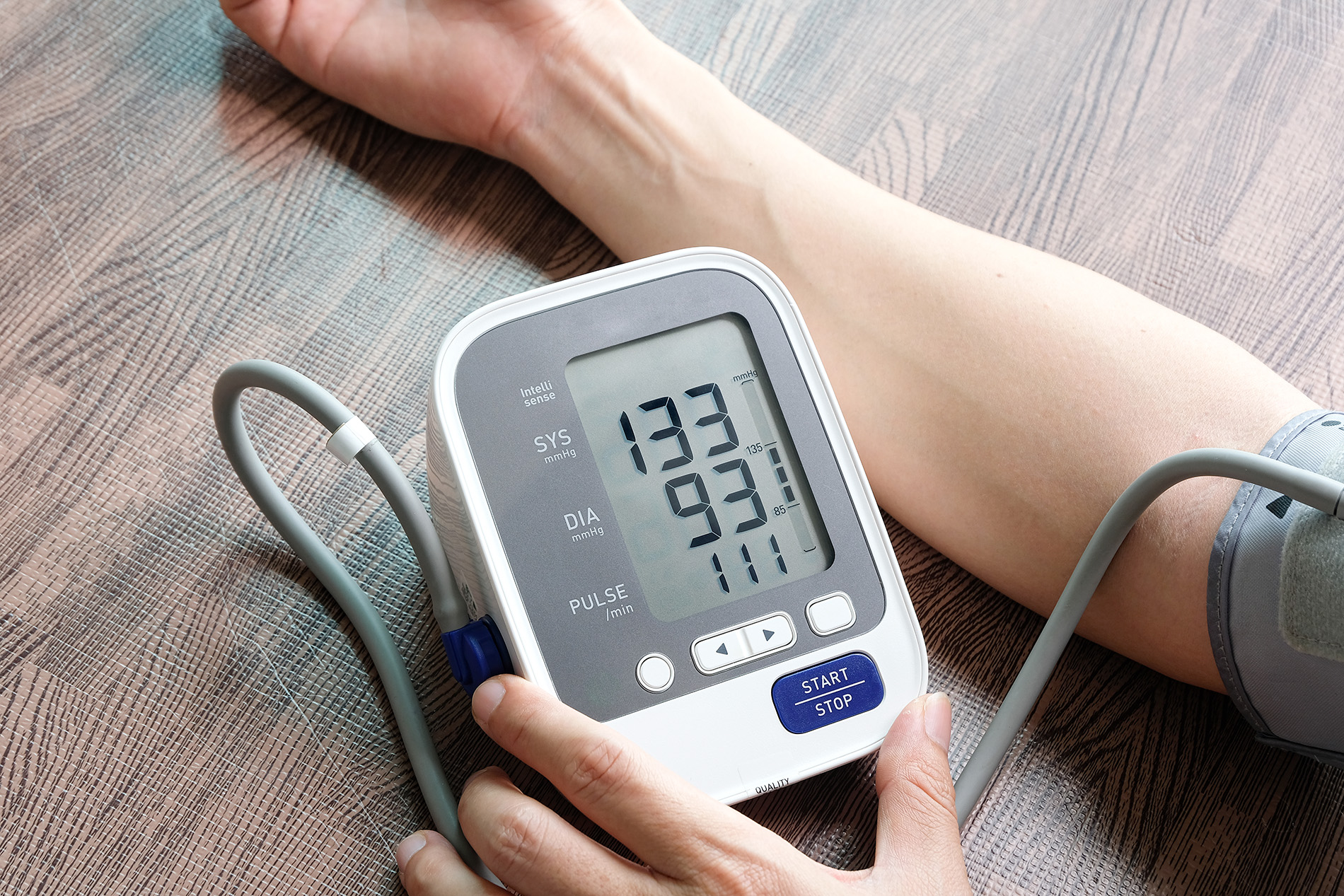One of the most important things you can do for your health is to monitor your blood pressure regularly. High blood pressure, also known as hypertension, often has no noticeable symptoms, which is why it's often called the "silent killer." However, there are some warning signs that could indicate that your blood pressure is high, and you should see a doctor for a check-up. Here are some of the common warning signs:
- Headaches: Frequent and severe headaches, especially in the morning, could be a sign of high blood pressure.
- Dizziness: Feeling lightheaded or dizzy could indicate that your blood pressure is too high.
- Blurred vision: High blood pressure can cause damage to the blood vessels in your eyes, leading to blurred vision or even loss of vision.
- Chest pain: Chest pain or discomfort, especially during physical activity, could be a sign of high blood pressure or other heart-related problems.
- Shortness of breath: Difficulty breathing, especially during exercise or when lying down, could be a sign of high blood pressure.
- Irregular heartbeat: A rapid or irregular heartbeat, also known as an arrhythmia, could be caused by high blood pressure or other heart-related problems.
- Fatigue: Feeling tired or weak, especially after physical activity or at the end of the day, could be a sign of high blood pressure.
It's important to note that these symptoms could be caused by other medical conditions, so it's best to consult a physician to get an accurate diagnosis.
Untreated high blood pressure, also known as hypertension, can have serious consequences on your health. High blood pressure can cause damage to your blood vessels, heart, kidneys, brain, and eyes, leading to various complications such as:
- Heart disease: High blood pressure can damage the arteries in your heart, known as coronary artery disease, making it harder for your heart to pump blood and increasing your risk of developing heart failure, or a heart attack.
- Stroke: High blood pressure can cause the blood vessels in your brain to narrow or rupture, leading to a stroke.
- Kidney disease: High blood pressure can damage the blood vessels in your kidneys, leading to kidney failure or chronic kidney disease.
- Vision loss: High blood pressure can cause damage to the blood vessels in your eyes, leading to vision loss or blindness.
- Cognitive impairment: High blood pressure can increase the risk of developing dementia, Alzheimer's disease, or other forms of cognitive impairment.
- Sexual dysfunction: High blood pressure can lead to erectile dysfunction in men and decreased sexual desire in women.
- Aneurysm: High blood pressure can cause the blood vessels in your body to weaken and bulge, increasing the risk of developing an aneurysm, which can be life-threatening.
If you have high blood pressure, it's important to work with your physician to manage your blood pressure and reduce your risk of developing these complications. Simple lifestyle changes such as eating a healthy diet, exercising regularly, quitting smoking, and managing stress, as well as medications, can help lower your blood pressure.
With the right steps, you can manage your blood pressure and reduce the risks associated with high blood pressure.

Stephen E. Van Horn, Jr., MD, FACC, Lexington Medical Heart and Vascular Center



Leave a comment